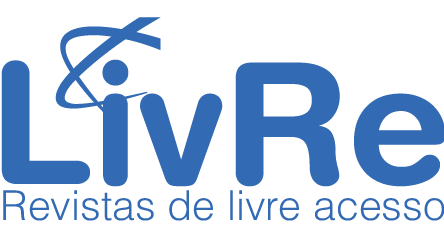A GESTÃO DE RESÍDUOS E SEUS REFLEXOS NA QUALIDADE AMBIENTAL URBANA DE MARINGÁ-PR
DOI:
https://doi.org/10.5016/geografia.v45i1.14489Resumo
O aumento do consumo de produtos descartáveis gera o crescimento gradativo de resíduos sólidos. Estes, quando não destinados de maneira correta, provocam impactos ambientais e sociais, por isso a adequada gestão dos resíduos sólidos é importante para a qualidade ambiental urbana. A partir dessa premissa, o presente artigo possui a finalidade de apresentar a importância da coleta seletiva para a manutenção da qualidade ambiental a partir da análise da gestão dos resíduos sólidos da cidade de Maringá, através dos dados da coleta seletiva e da convencional dos anos de 2015 até o primeiro semestre de 2018. Com as análises dos dados, concluiu-se que a gestão da coleta seletiva é ineficaz, sendo necessárias ações, como atividades educativas para sensibilizar a comunidade, melhorar a gestão e controle na coleta dos recicláveis com local de triagem para o direcionamento mais eficaz dos materiais para as cooperativas.
Downloads
Publicado
Edição
Seção
Licença
Os autores mantém os direitos autorais e concedem à GEOGRAFIA o direito de primeira publicação, com os artigos simultaneamente licenciados sob a Licença Creative Commons BY 4.0, que permite o compartilhar e adaptar os artigos para qualquer fim, desde que sejam dados os créditos apropriados e as disposições dos direitos de imagem, de privacidade ou direitos morais. Outras atribuições legais podem ser acessadas em: https://creativecommons.org/licenses/by/4.0/legalcode.en.
Geografia, Rio Claro, SP, Brasil - eISSN 1983-8700 está licenciada sob a Licença Creative Commons BY 4.0





